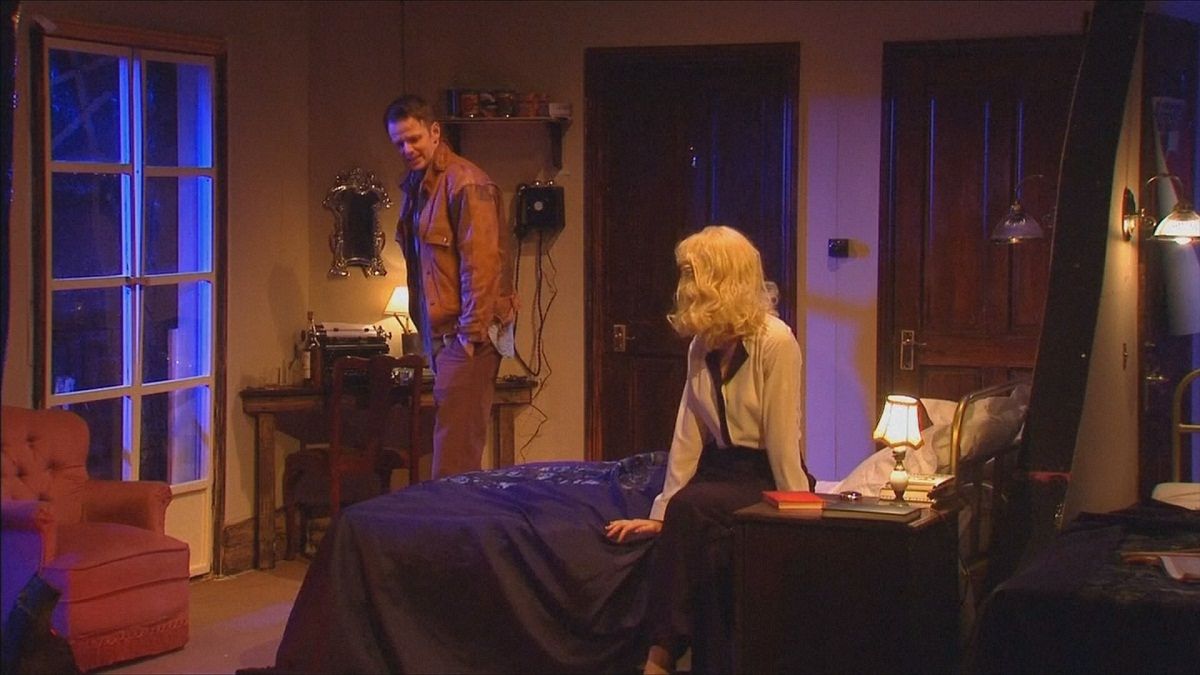If it has Ernest Hemingway’s name on it it will fill a theatre, and that is what the Southwark Playhouse in London is gambling on until mid-April
If it has Ernest Hemingway’s name on it it will fill a theatre, and that is what the Southwark Playhouse in London is gambling on until mid-April with “The Fifth Column”, the writer’s only full-length work for the stage, and all-but-forgotten.
Hemingway unreliably narrates himself into counter-espionage agent Philip Rawlings’ shoes, but his razor-sharp journalist Dorothy Bridges is Hemingway’s then-lover, realife journo Martha Gellhorn, to a T. The couple love and live fast in the Spanish Civil War.
‘He wrote the play in instalments between bombardments and when he went out to the front line which was sometimes only 15 yards away from the hotel – he would roll the manuscript up and stick it under his mattress and hope to find it still there when he’d got back,” says producer Graham Cowley.
Simon Darwen and Analix Dunmore take their best shot at the lead toles but the material is known for being more sympathetic to those onstage than off; a recent revival in New York may indicate why it has been forgotten.
‘‘I think he is an idealized version in Hemingway’s head of perhaps he might like to be perceived – there is a bit of a Boy’s Own type feel to him, it’s quite sort of – he’s quite “action man”-ish, all boozing, all with the ladies – and I think it’s perhaps a romanticized idea of how would have liked to be perceived – his experiences are very different to Philip Rawlings – and it’s a lot more fun I think, it’s fair to say,” suggests Darwen.
Stephen Ventura, who plays the hotel manager, says that the play has a particular resonance today in its depiction of war and civilian suffering:
“The thing we need to remember is that Europe being in major crisis having lots of instability, having governments that can’t make decisions, refugees spilling into mainland Europe from a civil war situation because there is an oppressive government all sounds a bit familiar, so there – it’s pretty pertinent.”
The play’s rarity and historical value may prove draws in themselves. It is only its second-ever production in Europe. The last was in 1944.



